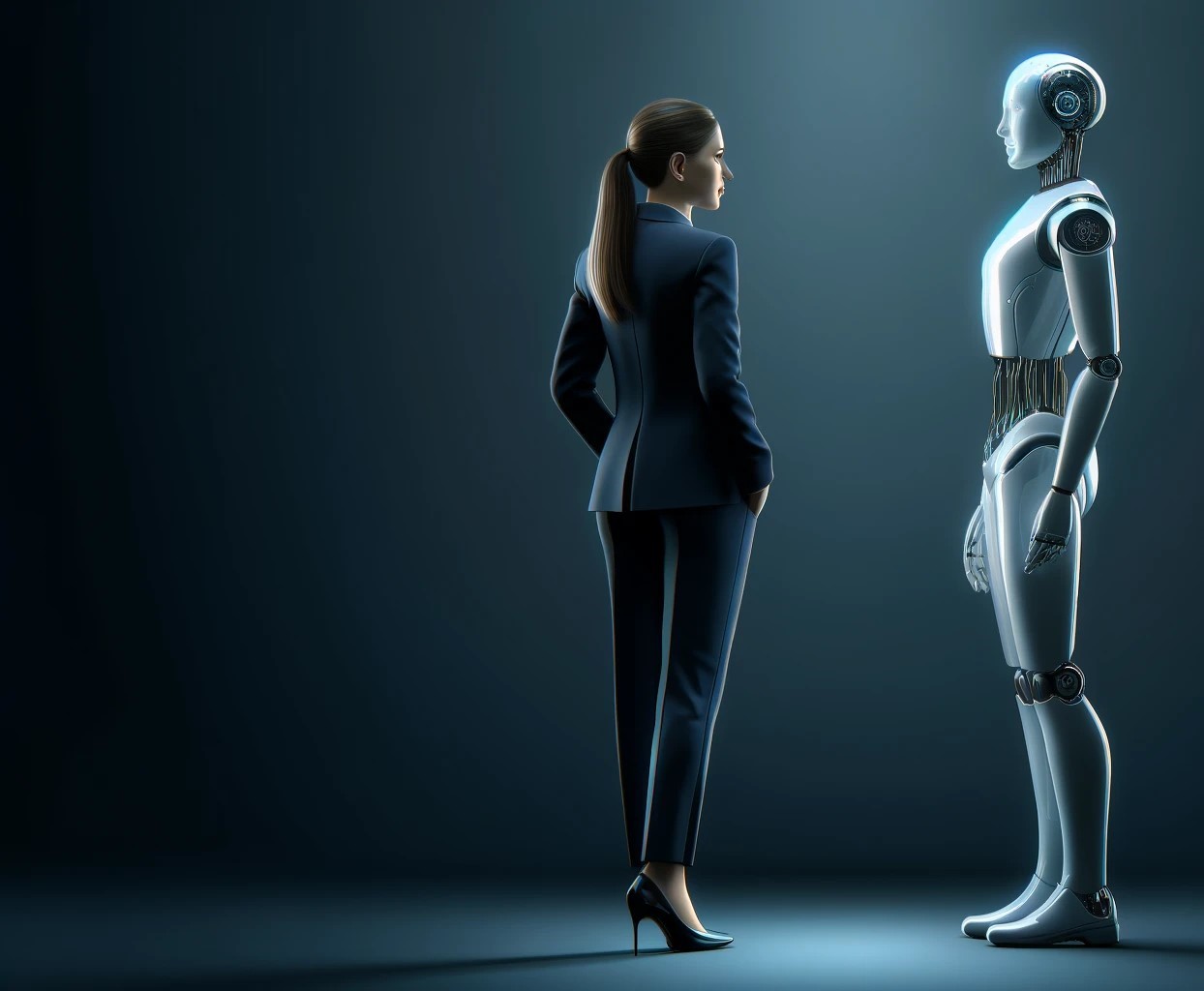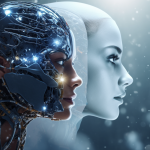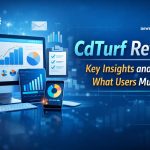Introduction
In the 21st century, artificial intelligence and celebrity influence are reshaping political power in ways the world has never seen before. As algorithms control information flow and celebrities mobilize millions through social platforms, the lines between fame, governance, and technology blur into one dynamic force.
Political leaders now rely on AI-driven strategies to shape public opinion, while global audiences follow the cues of influential personalities who amplify issues with a single post.
This fusion of technology, politics, and pop culture has created a new form of global diplomacy. The influence economy no longer depends on traditional authority but on the ability to capture attention and shape narratives online. In this era, political success increasingly depends on mastering both machine intelligence and mass appeal.
The Rise of AI in Political Strategy
Artificial intelligence has revolutionized political campaigning and governance. Machine learning models process millions of data points to predict voter behavior, detect sentiment shifts, and craft personalized messages. Political consultants use AI to tailor speeches, advertisements, and even policy suggestions that resonate with specific demographics.
Governments worldwide employ predictive analytics to anticipate social unrest and optimize policy decisions. However, critics warn that excessive reliance on algorithmic systems risks manipulating democracy itself. Transparency, accountability, and data ethics remain the biggest challenges in integrating AI into political systems.
Celebrity Activism and the New Digital Authority
Celebrities have transformed from entertainers to influential advocates shaping global discourse. Figures like Taylor Swift, Leonardo DiCaprio, and Kim Kardashian have used their platforms to address topics ranging from climate change to social justice, influencing public opinion far beyond the entertainment realm.
Social media amplifies this influence, enabling celebrities to bypass traditional media and speak directly to millions. Their ability to set trends and mobilize digital communities has turned fame into political capital, often rivaling that of elected officials.
The Intersection of Politics, Technology, and Public Trust
Public trust in traditional political institutions continues to erode as digital transparency exposes the mechanics of power. In response, leaders are using technology to reconnect with citizens, hosting live streams, interactive Q&As, and AI-powered chatbots to increase engagement.
Yet, the digitalization of governance has a darker side. Misinformation spreads faster than fact, and deepfake technologies blur reality. In this environment, trust becomes the most valuable yet fragile currency in global leadership.
Global Celebrities as Political Voices
The world has witnessed a growing number of celebrities influencing international policy. From Angelina Jolie’s advocacy for refugees to BTS’s participation in global youth programs, pop culture icons now stand alongside diplomats in addressing major issues.
These efforts highlight a shift toward cultural diplomacy, where fame becomes a bridge between politics and the public. Governments recognize this trend, increasingly collaborating with high-profile figures to promote global campaigns on sustainability, health, and equality.
AI, Propaganda, and Information Control
Artificial intelligence doesn’t just analyze data—it creates it. AI-generated content has become a powerful tool in shaping narratives and controlling perceptions. Authoritarian regimes, political organizations, and even corporations use automated bots to flood social platforms with tailored messages.
This manipulation of information raises questions about free will and informed choice. As AI-generated propaganda grows more sophisticated, societies must develop systems of digital literacy to distinguish fact from fabrication.
The Future of Leadership in a Digital Civilization
As AI becomes embedded in everyday decision-making, the concept of leadership itself is evolving. Future leaders will be judged not only by their political acumen but also by their understanding of data, ethics, and technology. Political education will increasingly include machine learning and cybersecurity, while governments will compete to attract top AI talent.
In this context, leadership will no longer be confined to political elites. Technologists, activists, and cultural figures will share the stage, forming a hybrid power structure that combines expertise, empathy, and influence.
FAQs
How is AI changing modern politics?
AI tools are used to analyze public sentiment, personalize campaigns, and predict election outcomes, transforming how leaders connect with voters.
Why do celebrities have political influence today?
With massive online followings, celebrities shape public opinion directly and often inspire collective action on global issues.
What are the risks of AI in politics?
AI-driven manipulation, deepfakes, and data privacy violations can undermine democracy and erode public trust.
Can AI improve governance?
Yes, when used responsibly, AI can help governments make data-driven decisions, improve efficiency, and enhance citizen engagement.
How will leadership evolve in the AI era?
Leaders of the future will blend human judgment with technological expertise, emphasizing ethics, transparency, and digital literacy.
Conclusion
Artificial intelligence and celebrity power are redefining how influence operates in the modern world. Together, they have created a new ecosystem of communication where information, image, and identity converge. Politics has become as much about perception as policy, and leadership is increasingly measured in both emotional intelligence and digital strategy.
The coming decade will test how humanity manages this convergence. If guided by responsibility and awareness, AI and influence could democratize power and amplify truth. But if exploited without oversight, they could deepen divisions and distort democracy itself, turning the digital age into an era of manipulation rather than enlightenment.









